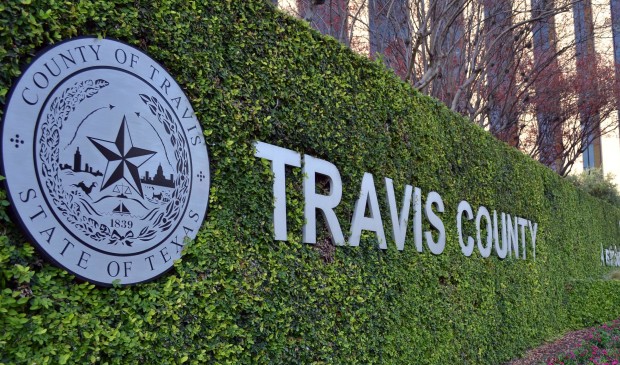Court faces more pressure over Central Health transparency concerns
Tuesday, September 20, 2016 by
Caleb Pritchard Activists have turned up the heat on the Travis County Commissioners Court to take a closer look at millions of dollars paid out by the county’s health district in the last two years.
Attorney Fred Lewis sent out on Monday afternoon a detailed report that castigates Central Health for not adequately producing accountable proof that the $70 million it has paid in the past two years to the University of Texas’ nascent Dell Medical School is being used to further the district’s fundamental mission of providing indigent health care.
Lewis’ report, which is endorsed by the District VII chapter of the League of United Latin American Citizens (known as LULAC), calls for the Commissioners Court to flex its statutory power over Central Health. The court should require the district to pay for an independent audit of its own spending while also establishing “best practices in the coming fiscal year and all subsequent years in accounting procedures, as prescribed by the County, to ensure its future expenditures are transparent and spent effectively only on indigent health care,” Lewis wrote.
If the district fails to agree to the audit, Lewis says, the court should withhold approval of Central Health’s latest draft budget. The court is set to consider that $240 million proposal on Tuesday.
Central to Lewis’ broadside against Central Health is the $35 million it earmarks each year for its partnership with Seton Healthcare Family and the medical school. If the court approves the proposed budget, the total allotment paid by Central Health will reach $105 million.
In one section of the report, Lewis cites a litany of court cases and opinions from the Texas attorney general to establish that Central Health has no room to deviate from the fundamental mission of public health districts.
Despite that, Lewis writes, “Central Health appears to be funding medical education, not indigent health care, which is its only statutorily authorized purpose. Central Health’s $105 million payments to the UT Medical School should be going exclusively to provide medical services for Travis County’s 202,000 residents that lack health coverage – 18% of our non-elderly population.“
In 2011, state Sen. Kirk Watson authored a bill that would have amended the existing law to allow Central Health to give money to “a public institution or a charitable organization for the support of medical, dental, or clinical education, training, or research occurring within the district for the purpose of delivery of health care services to or for the district.” State Rep. Elliott Naishtat sponsored the bill, which cleared the Senate but died in the House.
In the meantime, Lewis claims that Central Health’s payments to the medical school appear to be covering services beyond the scope of indigent care. However, his efforts to nail down hard details of how the money is being spent have been largely fruitless. Lewis provided to the Austin Monitor a copy of a public information request he submitted in pursuit of, among other things, “All documents from UT Medical School-Austin provided to Central Health or its partners detailing the services the medical school provided for the $35 million CH payment, including audits, financial statements, invoices, registers, accounting documents and other documents.”
Assistant County Attorney Elizabeth Hanshaw Winn wrote in her response to Lewis, “Central Health does not have information that is responsive to your request.”
Without those records, Lewis instead looked to the district’s annual Community Benefit Reports, which explain that much of Central Health’s $35 million in payments to the medical school has been spent on hiring staff and recruiting students. He points out, “These students cannot even provide unsupervised medical care until they complete medical school and are licensed. The school’s faculty, admissions and finance staff are assisting in the start-up and running of a medical school – not providing indigent health care.”
Central Health’s communications director, Ted Burton, told the Monitor in an email late Monday afternoon that district officials are reviewing Lewis’ report. He said that the district is “confident” that the agreement between UT, Central Health and Seton “complies with applicable law.”
Burton added, “The Agreement lays out the medical school’s obligations including their commitment to transform the health care delivery system for our safety net population – the uninsured and low-income residents of Travis County – which is the promise we made to Travis County voters in 2012.”
In 2012, voters elected to increase their property taxes in order to support the new medical center created by the school and the incoming teaching hospital.
The Austin Monitor’s work is made possible by donations from the community. Though our reporting covers donors from time to time, we are careful to keep business and editorial efforts separate while maintaining transparency. A complete list of donors is available here, and our code of ethics is explained here.
You're a community leader
And we’re honored you look to us for serious, in-depth news. You know a strong community needs local and dedicated watchdog reporting. We’re here for you and that won’t change. Now will you take the powerful next step and support our nonprofit news organization?








